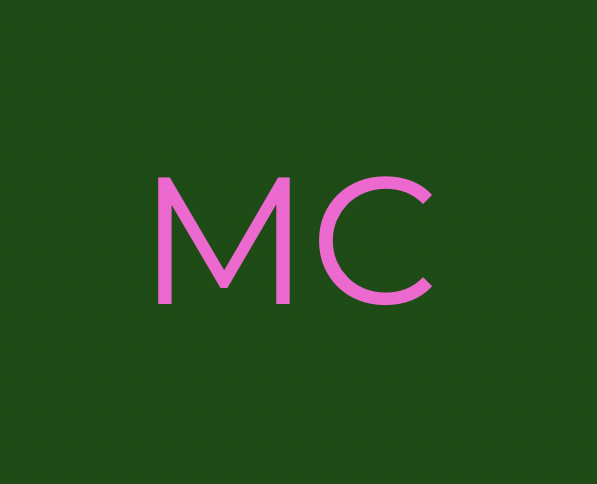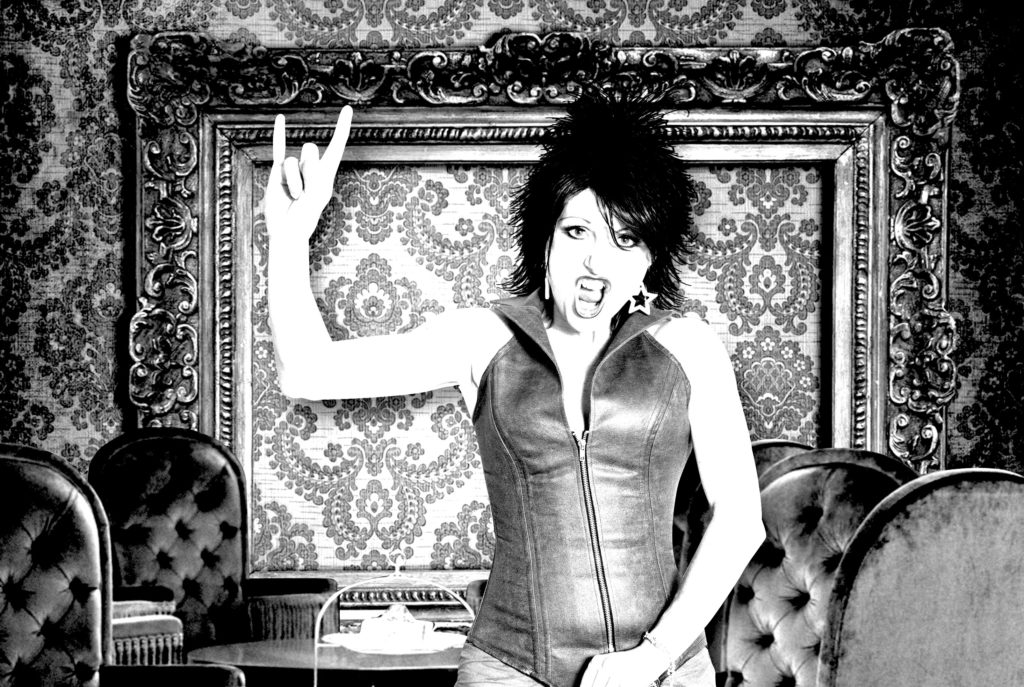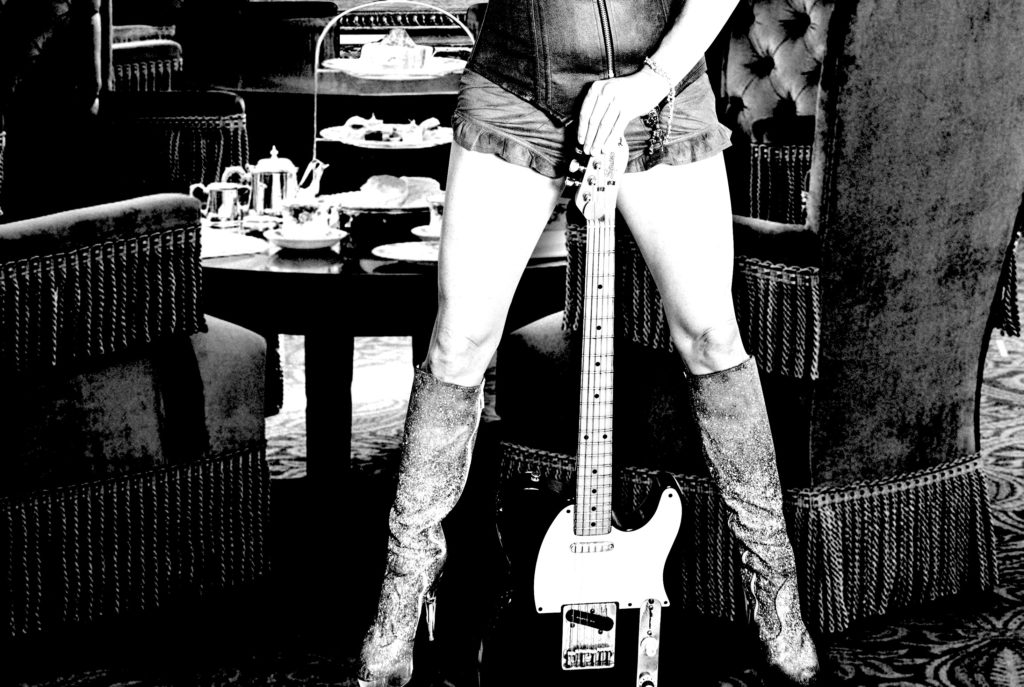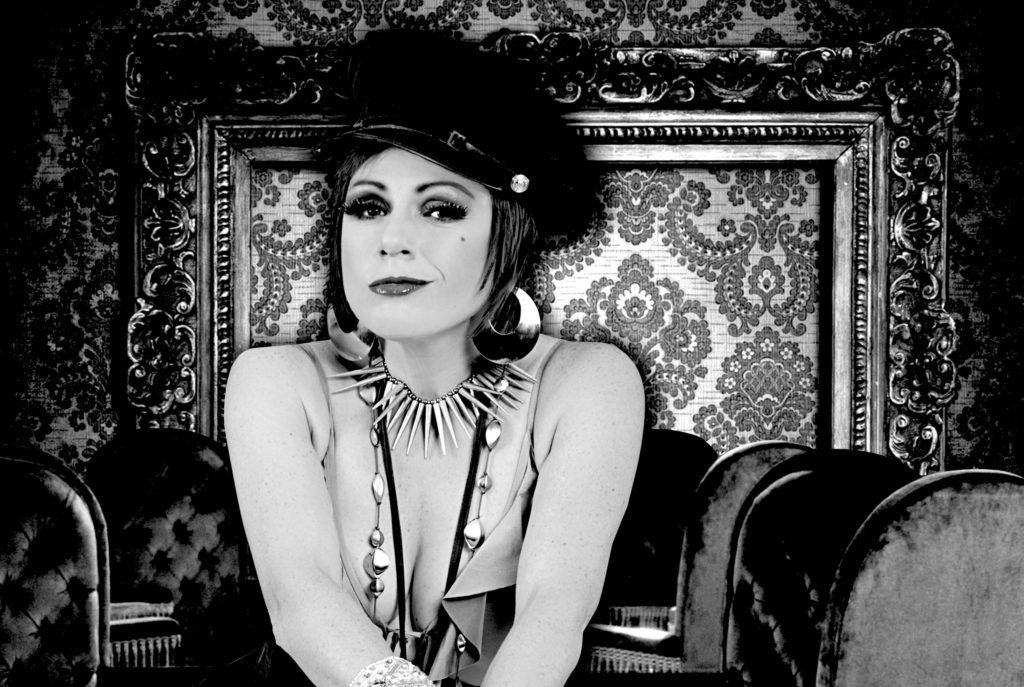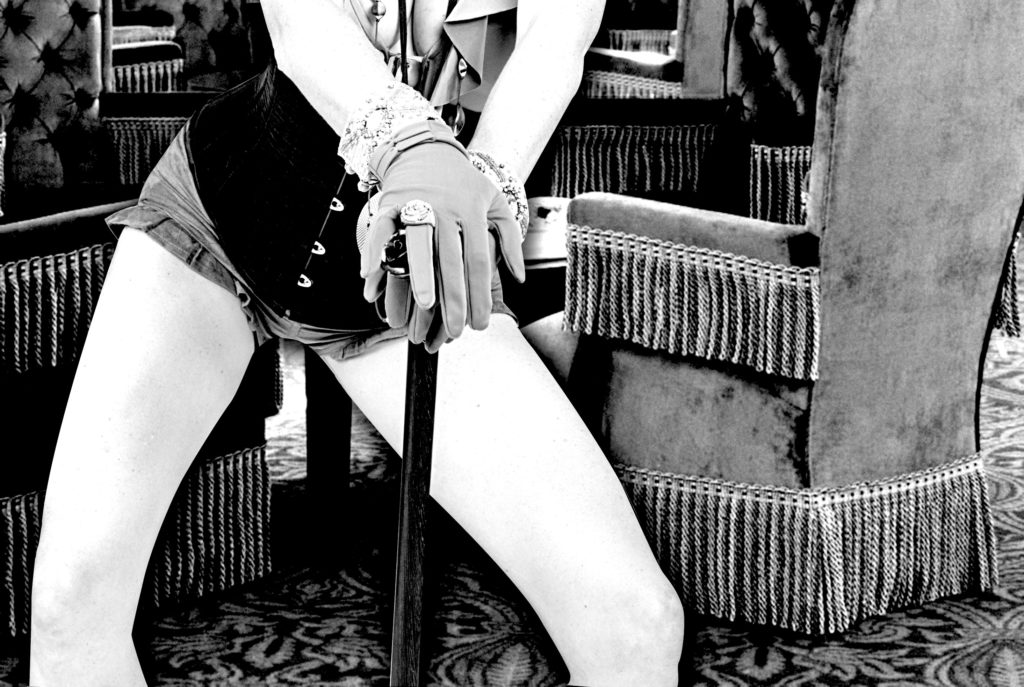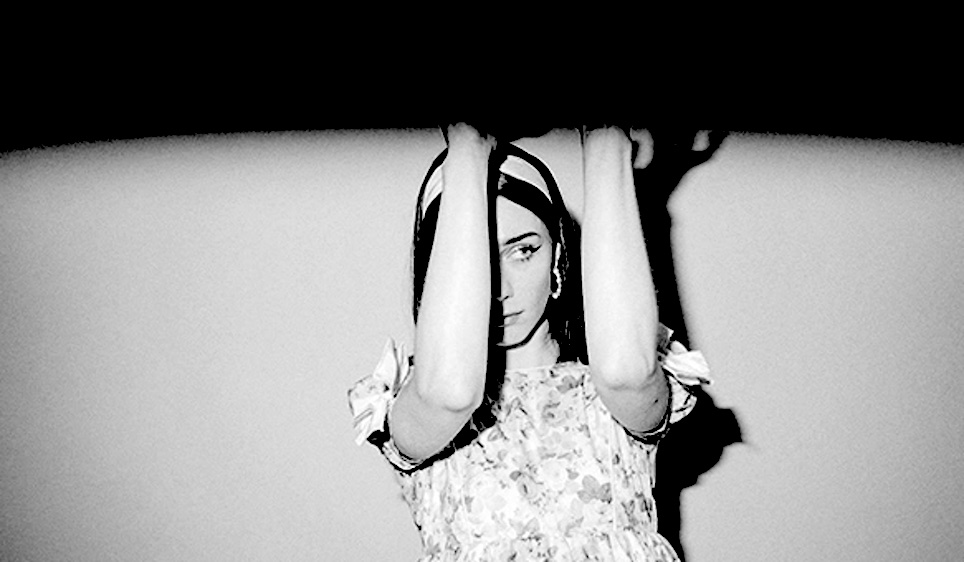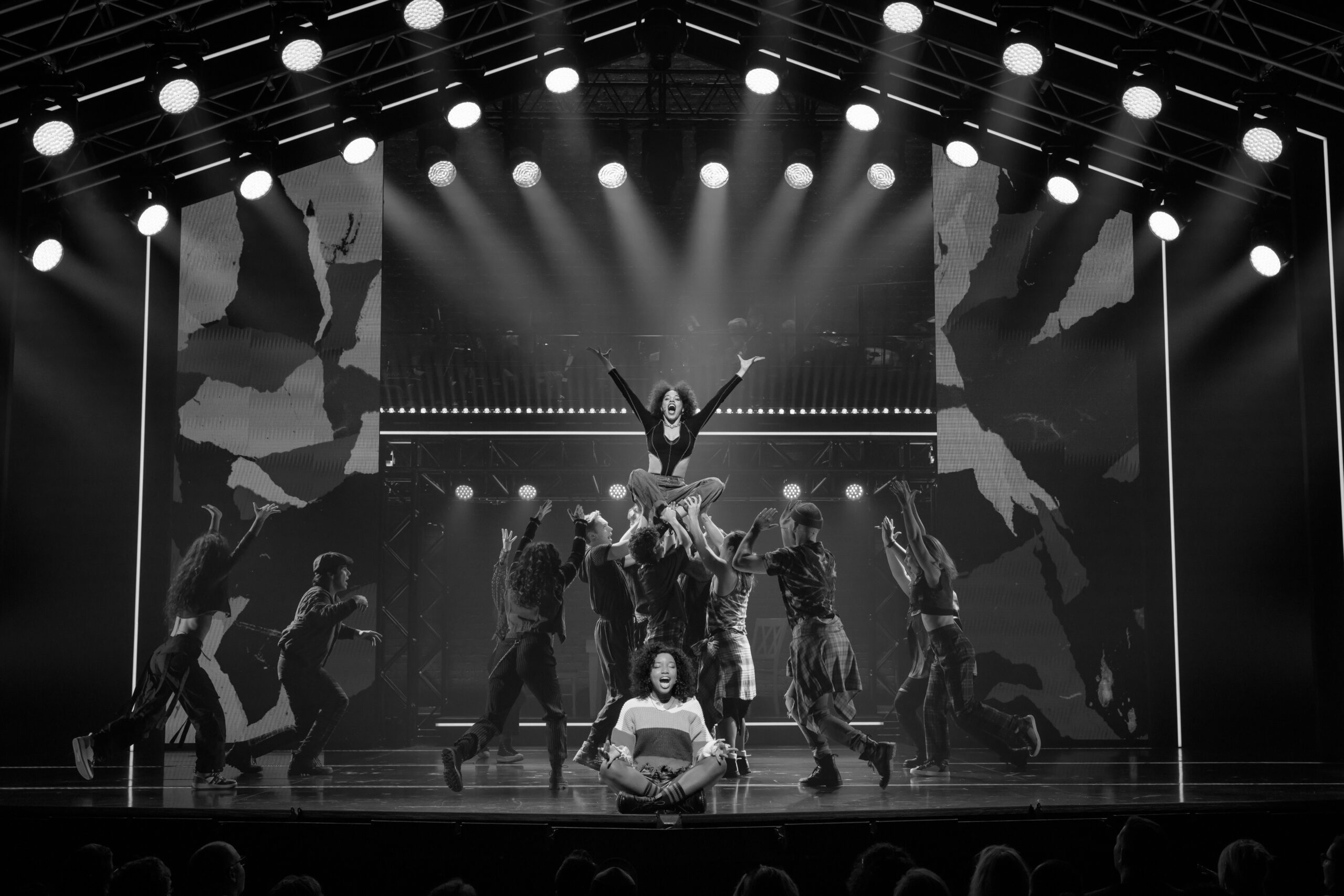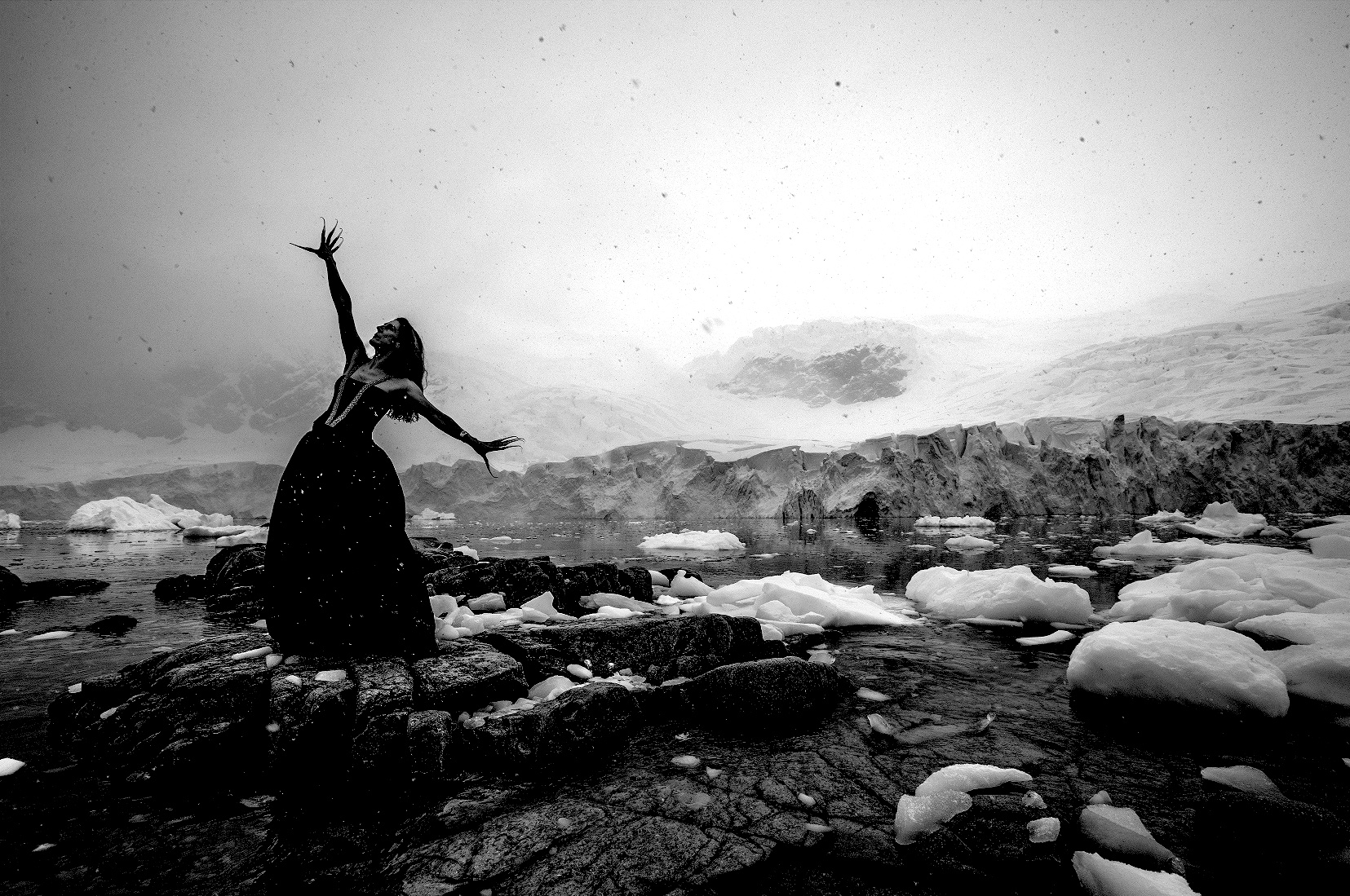THE LADIES LOUNGE
Many of us were introduced to this creative juggernaut through a band,that left a mark on the Australian music scene with their in your face, take no prisoners, dirty as fuck pop-rock. The band in question is of course, Machine Gun Fellatio, whom rose to fame in a new wave of Australian indie music not too long ago, it was a time when a fresh generation were finding themselves, experimenting and rising up against what society deemed as acceptable behaviour. Not limited to just the realms this band so effortless owned, Christa Hughes shares with her audience an innate sense of irreverent theatricality, sheer vocal power and passion for 1920s jazz, blues and vaudeville. Her Melbourne debuted of Oz Rockin’ The Ladies Lounge promises to be a wild night out of music, frivolity and entertainment. Hughes spoke with the Melbourne Critique on inspiration, cabaret, music and choice.
Christa, let’s strip it all back and go right back to the very beginning. It’s such a lovely place to start. Where did you first find inspiration?
My very first inspiration was my dad who was a jazz pianist. He played solo shows and had an amazing record collection. I grew up listening to that sort of music, which I took for granted because it was just there. But there were some artists I liked more than others. It wasn’t I was fourteen that I started to learn the guitar and I was trying to work out the chords, because you can play blues with only three chords, but you hear these artists and they are adding in a lot more than just three chords. This was before you could just go on the Internet and find chord charts. You really had to listen and work it out. You know, some of the artists, as it turned out, were quite risqué. I’d listen back and think, did she really say that? I got into signing then and was just fascinated by it. Now, the guitar skills have stayed the same. I have still only got three chords.
This all happened in the eighties. Popular music back then – the bulk of it was drum machines and synthesisers, but this stuff I was interested in was the complete opposite. It was raw and it was honest. I was terrified when I got up on stage. It felt like I was really exposing myself, like I was stripping or getting nude because it’s such a personal thing, your voice. You will find that a lot of people will blush at the thought of singing. They can’t imagine anything worse. So, I used to put my hands on my hips and close my eyes and pretend I was really tough. Though, by the time I was with Machine Gun Fellatio, I was jumping around on stage taking my clothes off and hitting all the wrong notes. Bingo!
You mentioned the risqué nature of some of the lyrics. Did these early moments of inspiration infiltrate into your work with Machine Gun Fellatio?
To be honest, I didn’t write too much of the material. I was always the add-on; the strap-on, you could say. But I really did love working with that band. It was great fun. The one song I really contributed to the most was Let Me Be Your Dirty Fucking Whore. I wrote that while I was in Edinburgh one night. I had a boyfriend, and I was trying to ring him. I was a bit drunk. It was a full moon and I was really horny. He was out drinking with friends. I thought I would sing this song down the phone, and I was thinking about dirty rap lyrics sung in a Julie Andrews style. Two days later I ran into a friend who turned around and said, “I love the song.” Then another person did the same thing. They all got back to his place that night and sat around the answering machine and played the song again and again, so I went and played it to the guys at Machine Gun Fellatio, and that’s how that happened.
It was one of those silly drunken moments, and I wish I could say all of my silly drunken moments had a silver lining. I wrote it, recorded it, didn’t listen to it, sent it to someone else, they said it was good, so maybe I should do it again. Either that or I’ll end up getting all this hate mail like, “Who the fuck is this howling woman?” You know?
So, why cabaret?
I think I have always been a bit cabaret-ish. When I started to sing with my dad, as I said, it was all about being tough and standing on stage with my hands on my hips. But then I started to be a bit more playful with the audience, and not be terrified of them so much. Not long after that, in my early twenties, I went overseas and ended up in New York for six months, and what happened was I kept meeting more people and getting more involved in the cabaret scene, which I really loved. Machine Gun Fellatio, I always felt was a cabaret band, not rock, but a wonderful confusion that was luckily entertaining for people. When there were breaks from the band, I would be running off and doing my own shows. It has always been happening, just not with the same hype that Machine Gun Fellatio had.
It’s a pretty open plate. You can really do anything and call it cabaret. One of the things I love about cabaret is that, when I was young, I saw the film Cabaret. Everyone in that and the performances in it were just mesmerising. Then I was just getting into more serious things like Brecht, and then transitioned into more fun and playful performance. There is a lot of freedom in cabaret. With this show, it’s singing Australian rock and roll songs but putting them in a different genre. I was worried for a while that people would think I was just doing a rock and roll tribute band, which I want to clarify that this is not and would be just awful if it was, right? I can’t wait for a first rehearsal.
Which is?
Our sound check. I like to keep people on their feet. There is something I am excited about, I just want to add. I didn’t feel there was enough women were being saluted in this show. I mean obviously Chrissy Amphlet gets saluted, but here we are also saluting Deborah Conway, and a few others, and this show is the first time we are doing this. And it’s one of those things, with saluting these artists; I’d love them to see it, but I would be shit scared of buggering it up. You know?
